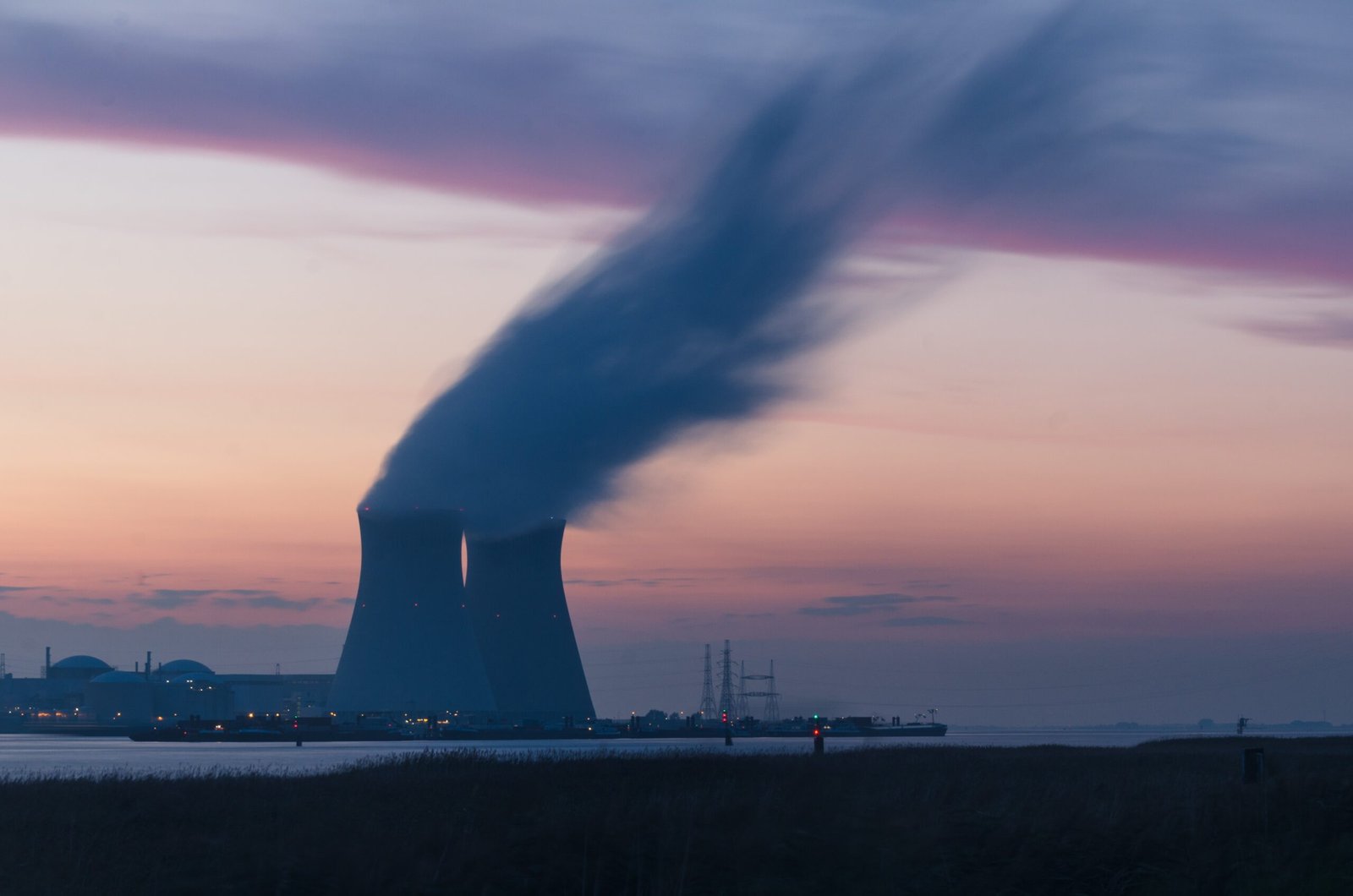When it comes to discussions about nuclear weapons, the topic of nuclear deterrence often emerges. Nuclear deterrence refers to the use of nuclear weapons as a means to prevent potential adversaries from attacking or using their own nuclear weapons. It is based on the principle that the threat of massive retaliation would deter any potential aggressor.
The concept of nuclear deterrence emerged during the Cold War between the United States and the Soviet Union. Both countries possessed large arsenals of nuclear weapons, and the fear of mutually assured destruction served as a deterrent against direct conflict. The logic was that if one country were to launch a nuclear attack, the other would respond with overwhelming force, resulting in catastrophic consequences for both sides.
Since the end of the Cold War, the world has witnessed a significant reduction in the number of nuclear weapons. However, nuclear deterrence still plays a crucial role in international security. Several nuclear-armed states, including the United States, Russia, China, France, and the United Kingdom, continue to rely on nuclear weapons as a deterrent.
The Three Pillars of Nuclear Deterrence
Nuclear deterrence is built on three main pillars:
- Capability: A credible nuclear arsenal is essential for deterrence to be effective. This includes possessing a sufficient number of nuclear weapons, delivery systems, and the ability to survive a first strike. The idea is that a potential aggressor will think twice before attacking if they know the consequences will be devastating.
- Credibility: Deterrence relies on the perception that a country is willing and capable of using nuclear weapons if necessary. This requires clear communication of nuclear policies and a demonstrated commitment to maintaining a credible deterrent. It also involves maintaining a robust command and control system to ensure that nuclear weapons are only used in response to a genuine threat.
- Communication: Effective communication is crucial to deterrence. It involves conveying the message that any aggression will be met with a swift and overwhelming nuclear response. This can be done through public statements, military exercises, and diplomatic channels. Clear communication helps to deter potential adversaries and prevent misunderstandings that could lead to a nuclear conflict.
The Role of Nuclear Weapons Today
While the primary purpose of nuclear weapons is deterrence, they also serve other roles in today’s world:
- Preventing large-scale conventional conflicts: The existence of nuclear weapons has deterred major powers from engaging in direct conventional warfare. The fear of escalation to a nuclear conflict acts as a powerful deterrent, making it less likely for countries to engage in large-scale conflicts.
- Preserving strategic stability: Nuclear weapons contribute to maintaining a balance of power among nuclear-armed states. This balance helps prevent any one country from gaining a significant advantage and reduces the likelihood of a preemptive strike.
- Non-proliferation: The possession of nuclear weapons by some countries has deterred others from seeking to acquire them. The fear of a nuclear-armed adversary has motivated countries to pursue non-proliferation agreements and disarmament efforts.
- Security guarantees: Nuclear weapons provide a sense of security to countries that possess them. They serve as a deterrent against potential threats and provide assurance that their security interests will be protected.
- Arms control and disarmament: The existence of nuclear weapons has also led to international efforts to control and reduce their numbers. Treaties such as the Treaty on the Non-Proliferation of Nuclear Weapons (NPT) and the Strategic Arms Reduction Treaty (START) aim to limit the proliferation of nuclear weapons and promote disarmament.
Despite their role in deterrence and international security, nuclear weapons also pose significant risks. The potential for accidental or unauthorized use, the risk of nuclear terrorism, and the catastrophic humanitarian consequences of a nuclear conflict are all reasons why many advocate for disarmament and non-proliferation.
In conclusion, nuclear deterrence continues to play a significant role in international security. The possession of nuclear weapons by certain countries serves as a deterrent against potential adversaries and helps maintain strategic stability. However, it is essential to continue efforts towards disarmament and non-proliferation to mitigate the risks associated with nuclear weapons.










